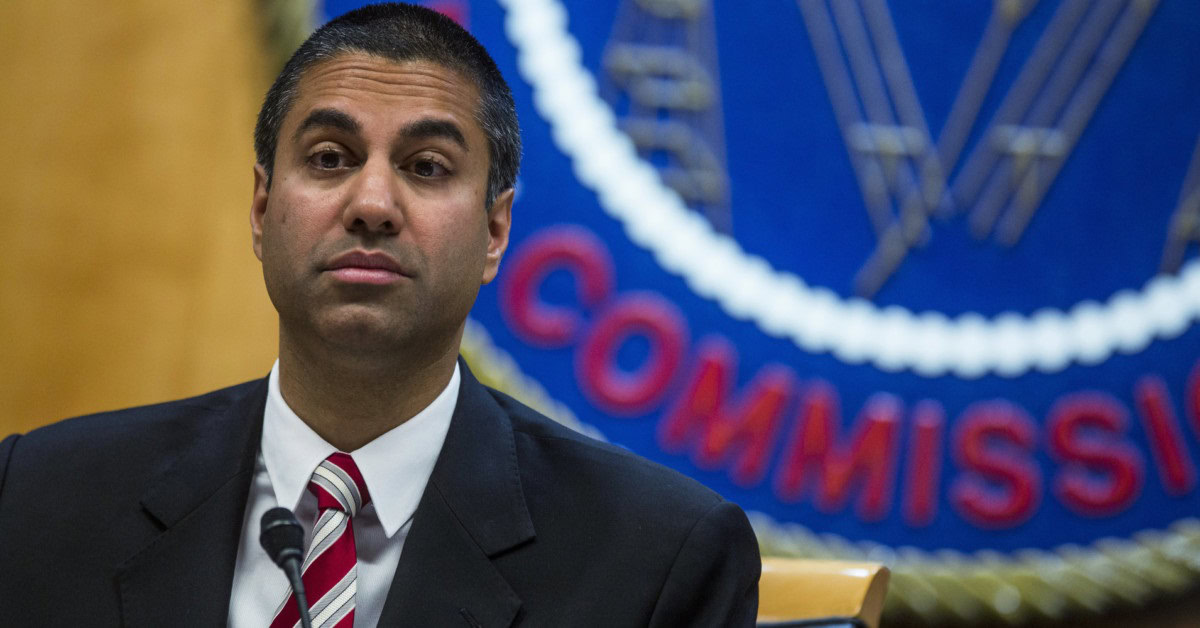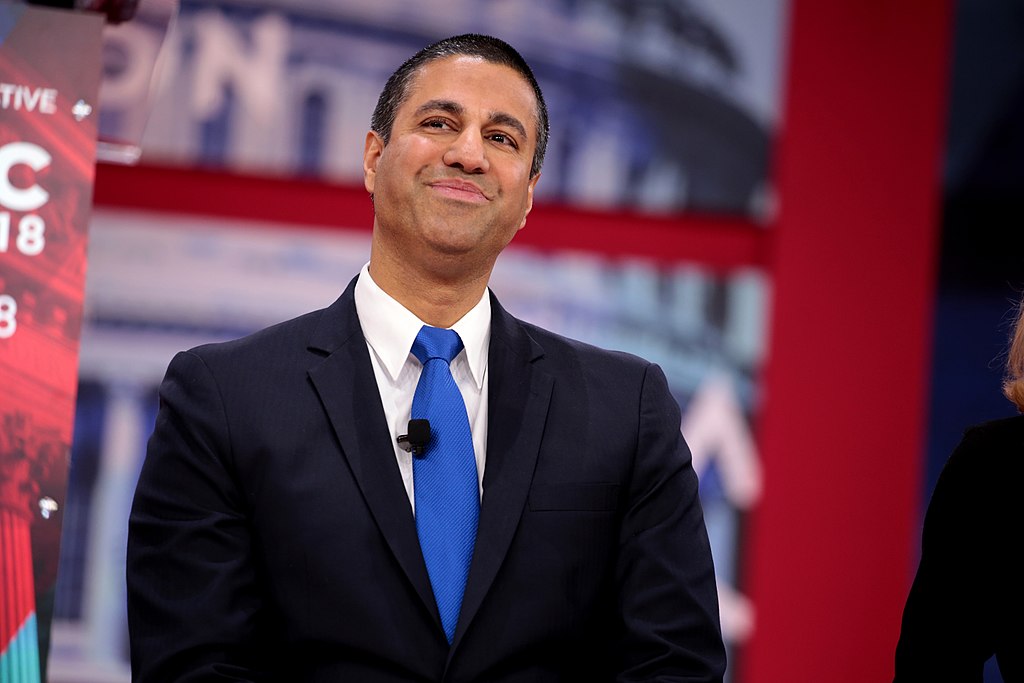Affiliate links on Android Authority may earn us a commission. Learn more.
FCC ready to 'take action' against carriers if spam robocalls aren't stopped

- Ajit Pai of the FCC sent out a strongly-worded letter to the major players of the U.S. telecom industry.
- In the letter, Pai says the FCC will “take action” if the carriers can’t create an industry-wide solution to the plague of spam robocalls hitting consumers.
- There are billions of spam robocalls made to consumers each month.
In a press release dated yesterday, the Federal Communications Commission detailed the strongly-worded letter chairman Ajit Pai sent to the major players in the United States telecom industry. The letter revolves around the plague of spam robocalls we consumers have to deal with on a daily basis.
According to the press release, the letter contains demands for the major telecom companies — including Verizon, T-Mobile, AT&T, and even Google — to come up with an industry-wide solution for our deluge of robocalls.
Here is a snippet from the letter:
“Carriers need to continue working together to make this happen and I am calling on those falling behind to catch up. I also thank the many providers that are well on their way toward implementation. Greater participation will ensure the system works for consumers, who expect real progress in combatting malicious spoofing and scam robocalls. If it does not appear that this system is on track to get up and running next year, then we will take action to make sure that it does.”
According to the press release, the letter does not detail what Pai could mean by “take action.” However, the letter does elucidate what the FCC expects carriers to do, which is to universally adopt the SHAKEN/STIR framework.

SHAKEN/STIR is essentially a token handoff between a caller, the carrier, and the recipient of the call which allows the carrier to validate the phone call is from the person it says it is. One of the real problems with robocalls is the spammers’ ability to spoof the consumer into thinking the call is coming from a local number. This makes the recipient of the call feel more comfortable answering.
According to NBC News, United States citizens received over 30 billion spam calls in 2017, which is an average of 2.5 billion spam calls every month. Clearly, that’s a problem, and it’s nice to know the FCC is at least going to attempt to do something about it.
You can read the entire FCC press release here.
NEXT: FCC disappointed with US carriers’ response to Hurricane Michael